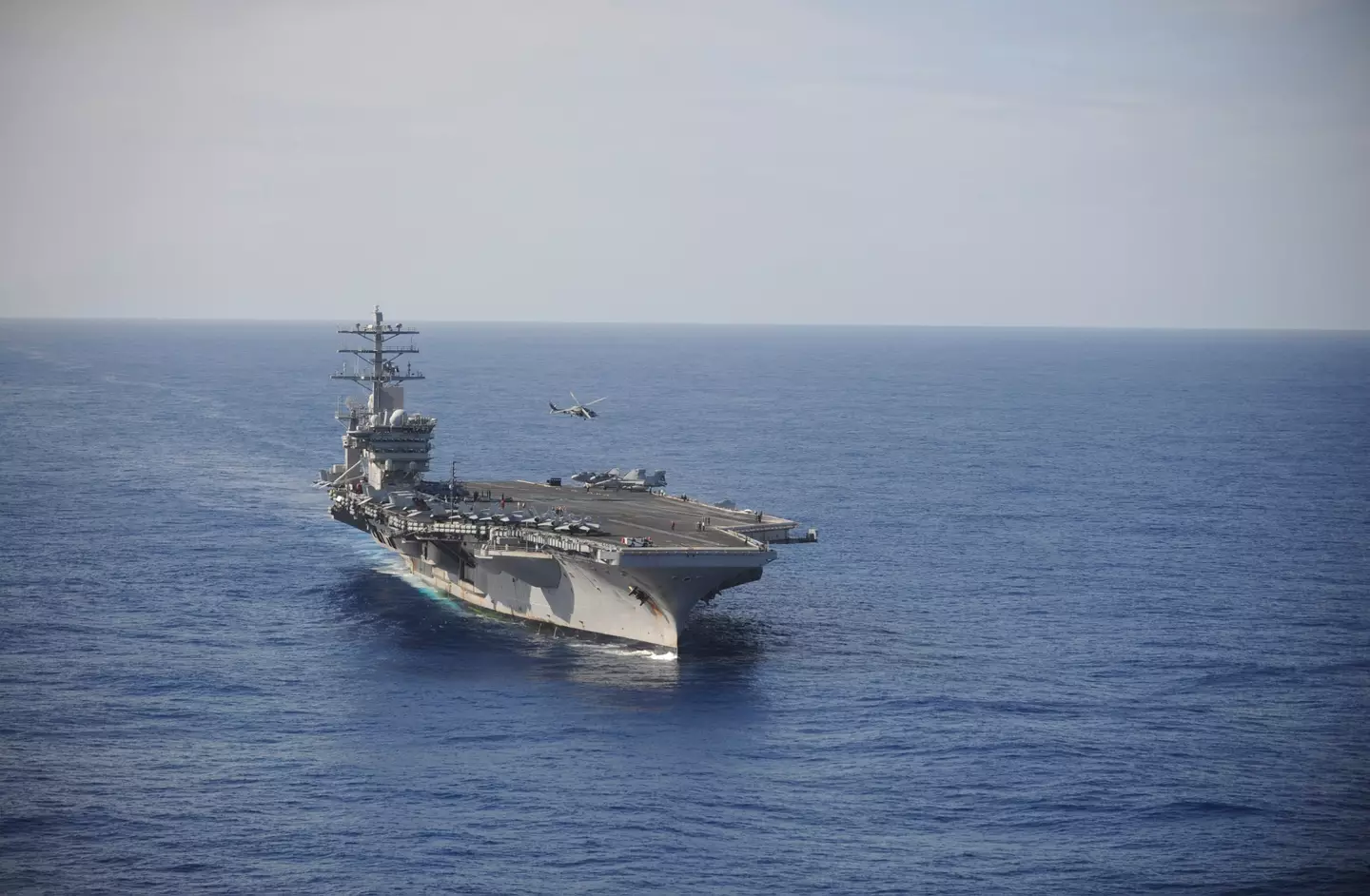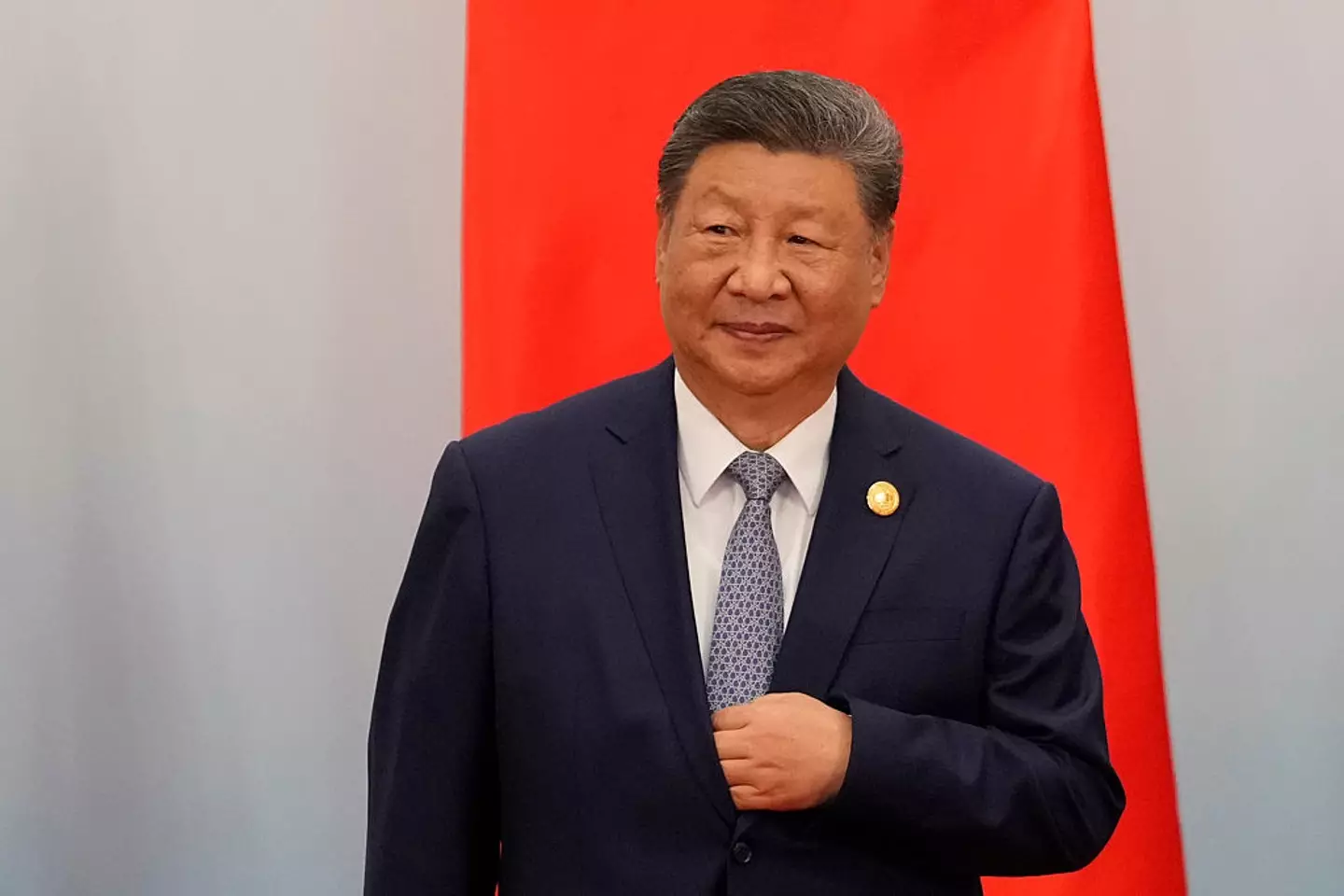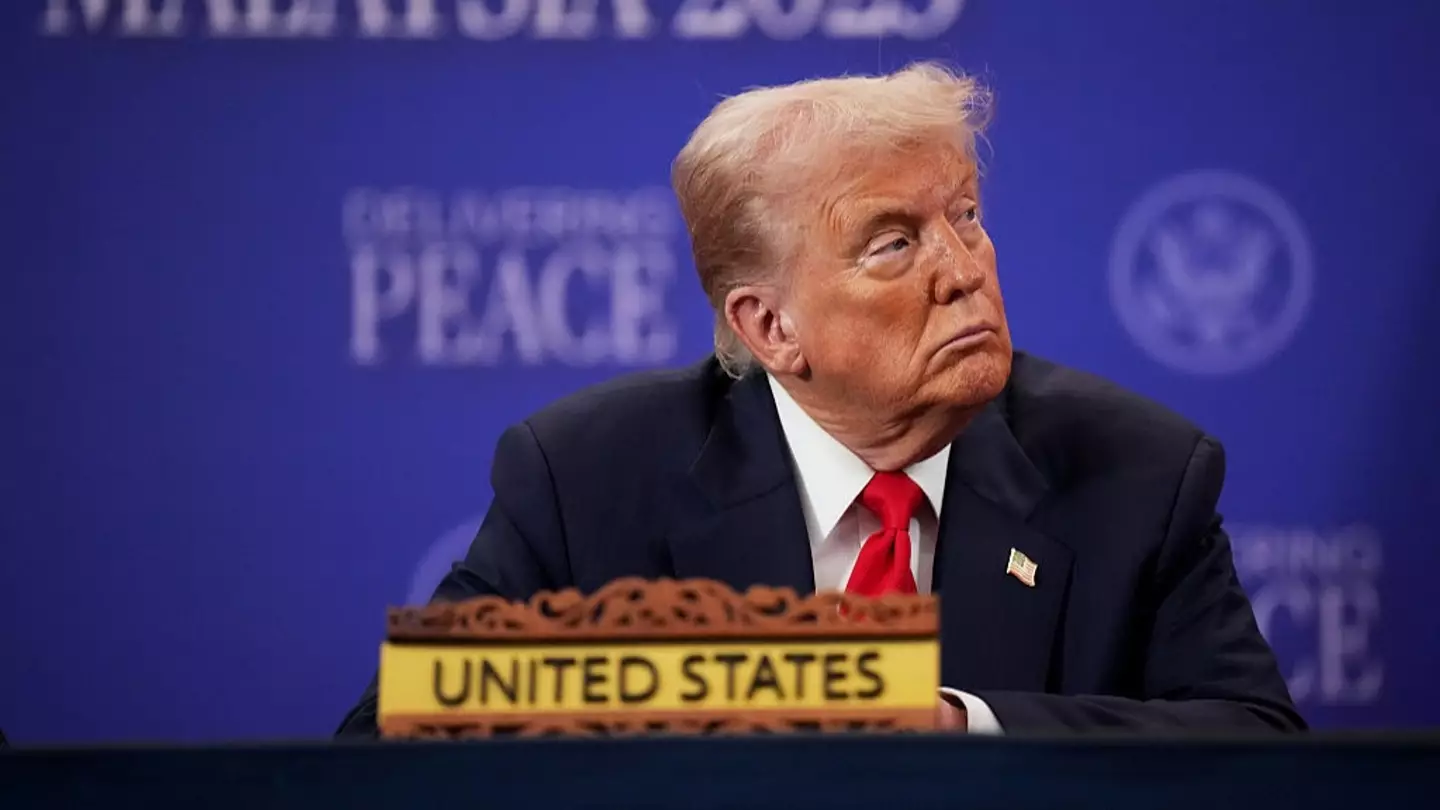An inquiry is underway following the incidents involving a US Navy helicopter and a fighter jet, both crashing within a 30-minute span.
These separate crashes occurred over the South China Sea on Sunday, October 26, and have been labeled as ‘very unusual’ by Donald Trump.
The Navy reported via social media that an MH-60R Seahawk helicopter went down at approximately 2:45 pm during routine operations from the aircraft carrier USS Nimitz.
Three individuals were rescued by search-and-rescue teams.
Subsequently, an F/A-18F Super Hornet fighter jet crashed 30 minutes later while it was carrying out routine operations from the Nimitz.
The crew members on board were successfully ejected and recovered safely.
The Navy has initiated a thorough investigation to understand the circumstances surrounding these events.

The USS Nimitz, known as the oldest aircraft carrier in the Navy, is scheduled for retirement next year.
The Navy experienced the loss of two other F/A-18 jets in the Red Sea earlier this year, and another jet crash occurred off the coast of Virginia during a training exercise in August.
These developments coincide with Trump’s trip to Asia for discussions with world leaders, including Chinese President Xi Jinping, this week.
While traveling from Malaysia to Japan on Monday, October 7, Trump addressed the crashes with reporters.
“They think it might be bad fuel. We’re gonna find out. Nothing to hide, sir,” Trump stated in response to a journalist’s question, as reported by CNN.

On Sunday, Trump was in Kuala Lumpur, Malaysia, for the Association of Southeast Asian Nations summit.
He is next scheduled to visit Japan, followed by South Korea, where he is set to meet with President Jinping on Thursday, October 30.
This all comes in the wake of the two nations reaching a framework agreement amidst escalating trade tensions on Sunday, October 26, as reported by the Washington Post.
Trump had previously threatened to impose an additional 100 percent tariff on all Chinese goods entering the United States.
However, this new agreement has temporarily halted those plans.
Scott Bessent, serving as Trump’s Treasury Secretary, stated that constructive discussions with his Chinese counterparts led to the framework agreement.
China has agreed to postpone new restrictions on rare earth minerals, which are crucial for electronics, electric vehicles, and defense technologies.
If implemented, these restrictions would have negatively impacted the US economy, which remains heavily dependent on China for these resources.
Trump aims to reduce the country’s reliance on China and enhance self-sufficiency in critical resources.
Bessent noted that China might delay its limitations on rare earths for about a year, although this has not been officially confirmed by China.
Progress is also being made regarding US agriculture, as China had previously boycotted American soybeans.

